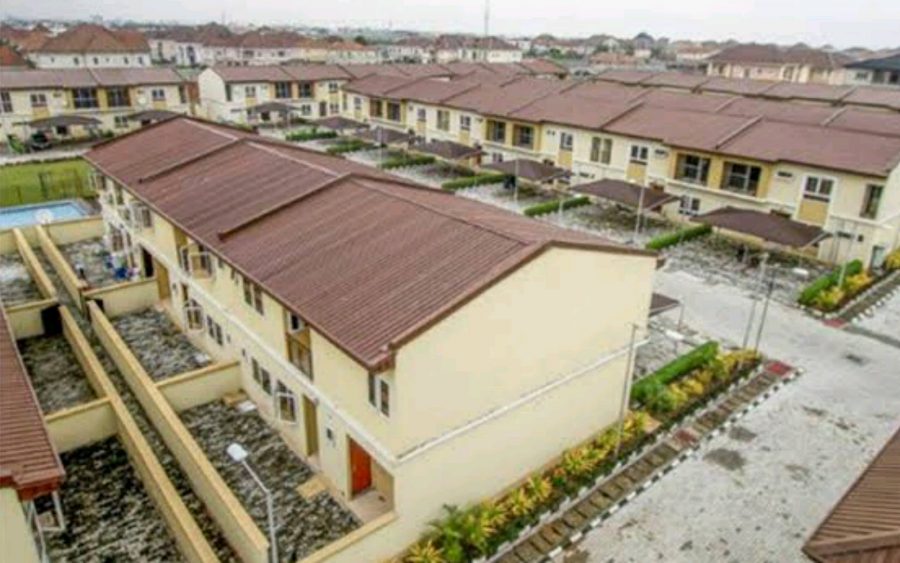A vibrant housing sector is critical to achieving inclusive economic growth in Nigeria while addressing the problem of high unemployment. Mr. Ayo Ibaru the Chief Operating Officer of North Court Real Estate, made the point in a recent discussion around “Unlocking Growth In The Real Estate & Housing Market In Nigeria”.
Speaking on the recent Q4, 2020 gross domestic product (GDP) numbers released by the National Bureau of Statistics (NBS), that showed that Nigeria had exited recession(0.11% from -3.62% in Q3,2020 and -6.10% in Q2 2020), he described this as a good turn of events that had the potential of unlocking more potentials for the Real Estate industry.
According to him, the governments at the Federal and State levels must embrace housing as a tool for driving economic development and achieving shared prosperity.
The COO of North Court believed issues of titling with the reform of the “Land Use Act”, would enable increased access to land by operators in the real estate and housing value chain.
On the current Economic Sustainability Plan of the Federal Government, focused on “Mass Housing” the realtor emphasized the need for private sector participation, which would support the government’s target.
Ibaru highlighted his position that no nation has achieved the economic strategy of uplifting millions of people from poverty, without integrating the housing sector and its entire ecosystem.
He said China in 2020 achieved the development of 15m housing units, which speaks further to the need for the government in Nigeria to explore a robust policy on “Social Housing” that the private sector can key into.
He added, “With the deployment of technology, States can reduce the barriers to accessing land for citizens, and make the process more transparent and efficient”.
On the issue of data in the Nigerian Real Estate and Housing Market, he said there has been adequate information and research but accessibility, interpretation, and application remained a challenge.
He cited the North Court 2021 Outlook report for the Real Estate industry, which noted that a positive economic recovery for Nigeria would signal increased activities and opportunities in the sector.
Addressing the concerns of the rising cost of apartments and rents across the country, he identified the following as some of the key factors;
- Demand and Supply factors
- Quality of Infrastructure
- Security
He emphasized the need for government to invest in infrastructure to improve the Real Estate and Housing market in the country.
Giving an outlook for 2021 he projected that the healthcare, industrial, retail and residential segments of the market would continue to see notable growth.
Ibaru admitted that there had been massive local investments in the Real Estate sector in 2020, with international investors willing to partner with small, medium, and large-scale developers.
The Real Estate sector grew by 2.8% in Q4, 2020 from -13.40% in Q3, 2020 and contracted by -9.22% in full-year from -2.36% in 2019.




